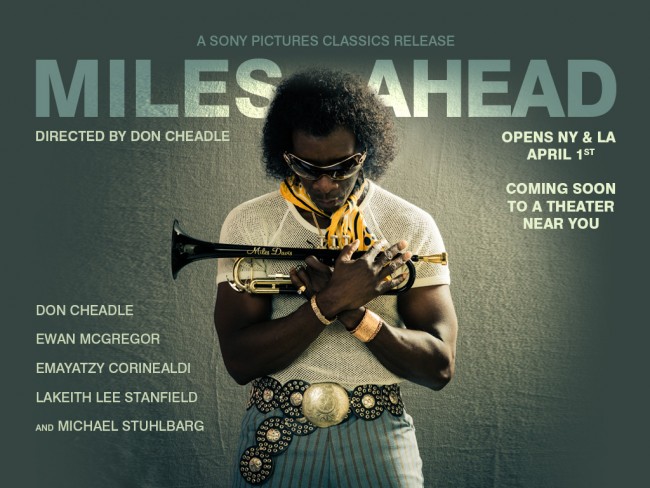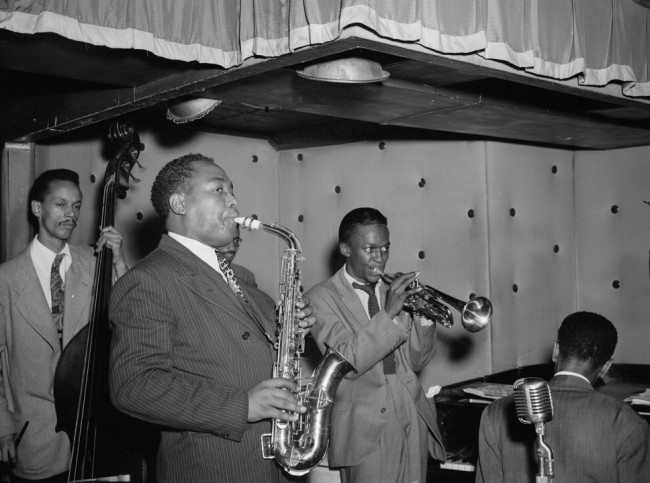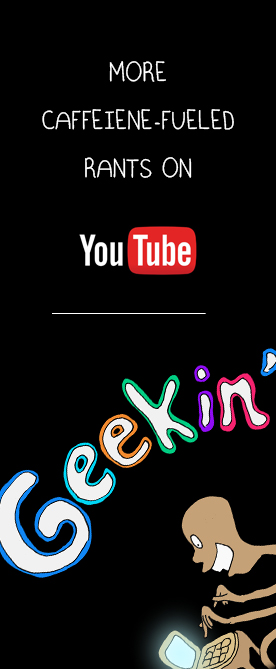By James Hancock March 15th, 2016
Nearly two years ago I became a backer of Don Cheadle’s Indiegogo campaign for Miles Ahead and I’ve been eagerly looking forward to seeing the movie ever since. Back in college, I was obsessed with Miles’s music and voraciously consumed so many great albums like Birth of the Cool, Sketches of Spain, Kind of Blue, Bitches Brew and In a Silent Way. Of all the musicians of the 20th century, I can think of none other that so consistently reinvented his sound and skill with such astonishing results across several decades. His autobiography Miles (co-written with Quincy Troupe) is a particularly good read, one that pulls no punches about the darkest chapters of his life such as his time in the Forties working as a trumpet player for the brilliant but self-destructive Charlie Parker and his five year self-imposed exile in the 1970s where he abandoned his music and was completely consumed with sex and drugs. It is at the end of this chapter in his life where we meet Miles in the new film starring Don Cheadle who is making his feature film debut as director (he previously directed two episode of House of Lies). If one can forgive some creative license on his part involving shoot outs and car chases, on the whole Miles Ahead is a bold, exciting debut by Cheadle. I knew in advance that Cheadle would have no problem as an actor bringing Miles to life but I worried about his skills as a director and whether the movie would flinch away from what a horrible human being Miles could be at times, those times in between when he was playing music like a god. Thankfully the movie delivers on both fronts with Miles’s dark side fully unveiled alongside his music which permeates just about every scene of the movie.
Thankfully Miles Ahead does not follow the traditional biopic format and chooses instead to focus on two points in his life, cutting back and forth between them for dramatic effect. As mentioned before, the action of the story takes place in 1978 with Miles flirting with a possible comeback. In an effort to keep a new recording out of Columbia’s hands, Miles recruits the help of Rolling Stones writer Dave Brill (played by Ewan McGregor) in what becomes a violent confrontation with producer Harper Hamilton (Michael Stuhlbarg at his most over the top). Amidst the chaos of Miles’s personal and professional life, he periodically thinks back to simpler times when he was in love with Frances Taylor, his eventual wife whose portrait is featured on the cover of his 1961 album Someday My Prince Will Come. We see that in spite of the drugs and many women in his life, Miles was at his healthiest and most productive while settled down with Frances who gave up her career as a dancer to be with him. Some of the best scenes from this period reveal Miles in the studio with frequent collaborator Gil Evans. While some of the jargon might seem impenetrable for those who have never studied music, I loved these scenes when the movie would take a breath and slow down for a few moments to focus just on his composition process. As is pointed out to him by a drug dealing student at Columbia, the records from this time period are the ones people dig. When the student’s girlfriend is asked which songs they play while having sex, she only has to hum two notes before we recognize his classic tune ‘So What’ from Kind of Blue.
In a lot of ways, Miles Ahead is a buddy film, with Ewan McGregor coaxing often taunting Cheadle to come out of his hole and rejoin a world that misses him badly. After an initial feeling out process the two men bond by snorting lines of coke, swigging booze and practicing their combinations on the heavy bag Miles has hanging in his basement. In one particularly effective scene, Cheadle plays around on a piano while telling McGregor about his time at Juilliard studying and breaking down the compositions of his favorite classical composers, the innovators who bucked existing trends and tried to push the music forward. As a composer and a performer Miles recognized that music quickly stagnates and dies unless creators constantly push their sound in new directions. When asked why he can no longer play like he used to, it is obvious to the viewer at this point that Miles is no longer the same man he used to be and it would be pointless to pretend to be. The movie ends on a positive note with some beautiful shots of Miles in profile as he takes the stage again. For fans of his records his profile is as recognizable as that of Hitchcock and I love how Cheadle organically incorporates this iconic image into the film. Joining Miles on stage are some familiar faces from real life. One of Miles’s most important legacies is the laundry list of musical giants who got their start in his various quintets. Two his most notable collaborators, Herbie Hancock and Wayne Shorter, make cameos during the closing credit sequence to play alongside Don Cheadle. It is a small thing, but seeing these legends playing together gives this movie a stamp of approval that I hope Miles would appreciate. Miles may have been gone for 25 years at this point but his music lives on and tributes like Miles Ahead will hopefully help new listeners discover his extraordinary sound for many years to come.
Miles Ahead opens in New York and Los Angeles on April 1st.
I am one of the Co-Hosts of Wrong Reel and you can find more of our content here:







